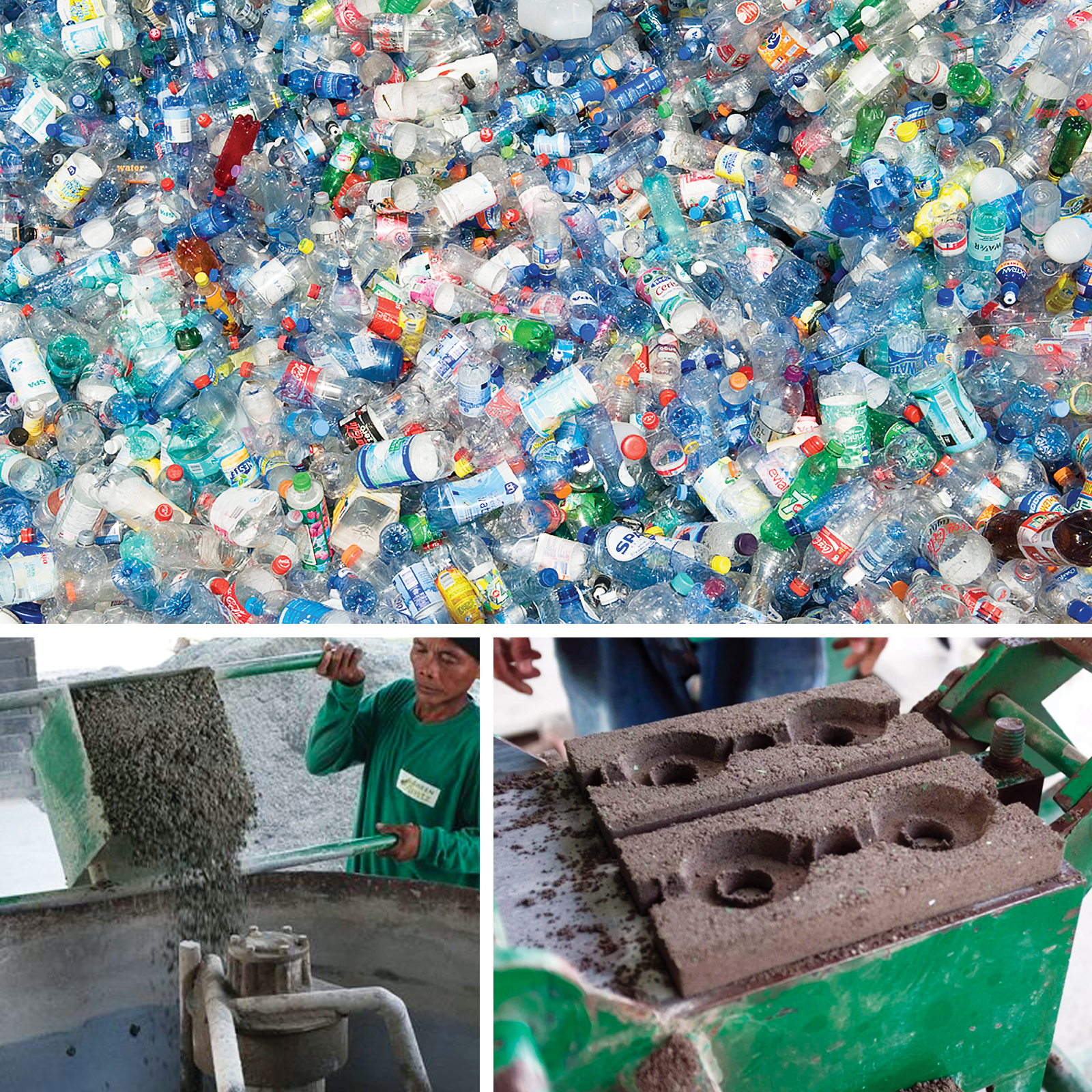From junk shops to multinationals, recycling will have to bring everybody together.
Crispin Lao, founding president of the Philippine Alliance for Recycling and Materials Sustainability (PARMS) said the group is crafting a roadmap on the recycling and recovery of wastes.
The roadmap is for discussion by industries in April and will be out by mid-year,
“We’re working with 10 multinational companies, junk and recycling shops to bring the whole supply and waste value chain together,” said Lao in a press briefing. “It’s ambitious but we are committed.”
PARMS is a non-stock, non-profit organization established to bring stakeholders together with civil society and the academe to craft a comprehensive program to increase the recovery of waste materials and reduce dependence on landfills.
Lao said banning plastic outright may put a strain on the economy as it could jack up retail prices that are passed on to consumers.
“If we replace our plastic today with recyclables, it will increase by three times the cost of products that will be passed on to consumers,” he said.
He added the industry would like to partner with the government, advocacy groups and consumers “to better understand the issue of plastic waste.”
“What makes plastic become waste? What happens to plastic when we throw it out from our homes? How does plastic end up in the oceans and waterways? These are all questions and issues we need to take a closer look at to understand them and to find out how to solve them,” Lao said.
Lao said the country currently lacks the necessary waste management infrastructure.
The government is putting in P1.2 billion for recycling facilities nationwide, said Lao who is a member of the National Solid Waste Management Commission.
“We want to make sure that any shift in packaging is fully studied because at the moment current packaging is still the best to ensure that products are brought to consumers in optimal conditions they are meant to be,” said Toff Rada, country manager, Corporate and Government Affairs of Mondelez Philippines.
Mondelez Philippines — whose product portfolio includes popular beverages, cheese, mayonnaise and sandwich spread as well as iconic chocolates brands like Toblerone — is among multinational firms that pledged to ensure zero plastic and other waste by 2025.
“Zero waste to nature means that our packaging must not add to the waste problem,” said Rada. “We aim to deliver against this long-term vision by making it easier for consumers to recycle our packaging and by supporting industry coalitions to improve recycling rates like our partnership with PARMS.”
Mondelez International is committed to make all packaging recyclable by 2025.
“Plastic is a highly efficient material which helps us develop packaging that provides the right levels of security, quality, product protection and preservation of food products,” said Rada.
“Without plastic, the shelf-life of many food products would be far shorter and would create more food waste which is a far worse problem for the economy and the environment,” he added.
He said Mondelez is committed to use packaging that performs the task of protecting food for consumers and at same time does not end up in nature.




